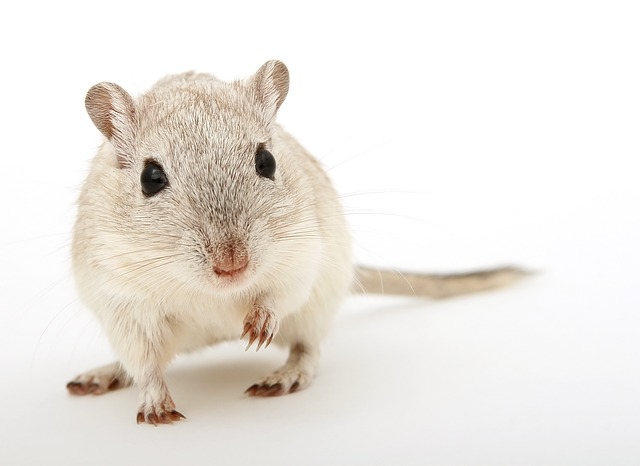Experimenting With Disaster, Part 1
By Mara Hvistendahl,
The Intercept
| 11. 01. 2022
Bent Over In Pain: Student Infected With Debilitating Virus in Undisclosed Biolab Accident
Part 2; Part 3
THE GRADUATE STUDENT was alone in the lab on a Saturday, handling a mouse infected with a debilitating virus, when the needle slipped. She wore two gowns, two pairs of shoe covers, a hair net, a face mask, and two pairs of gloves. Gingerly, she had pointed the needle at the mouse’s abdomen and injected the antibody. he animal was infected with a recombinant strain of Chikungunya virus, a mosquito-borne pathogen that has sparked epidemics in Africa and the Caribbean. Chikungunya can wreak havoc in other regions when the right kind of mosquito is present; in 2007 and 2017 there were outbreaks in Italy, and in 2014 the virus hit Florida, infecting 11 people who had not recently traveled abroad. In January 2016, nine months before the researcher stood in the lab that weekend, a locally acquired infection was diagnosed in Texas.
Chikungunya, which means “bent over in pain” in the Makonde language, can lead to chronic arthritis, and its spread through the Americas had made studying it more urgent. The researcher’s team at...
Related Articles
By Jonathan Matthews, GMWatch | 12.11.2025
In our first article in this series, we investigated the dark PR tactics that have accompanied Colossal Bioscience’s de-extinction disinformation campaign, in which transgenic cloned grey wolves have been showcased to the world as resurrected dire wolves – a...
By Jessica Hamzelou, MIT Technology Review | 11.07.2025
This week, we heard that Tom Brady had his dog cloned. The former quarterback revealed that his Junie is actually a clone of Lua, a pit bull mix that died in 2023.
Brady’s announcement follows those of celebrities like Paris...
By Lauran Neergaard, AP News | 11.03.2025
WASHINGTON (AP) — The first clinical trial is getting underway to see if transplanting pig kidneys into people might really save lives.
United Therapeutics, a producer of gene-edited pig kidneys, announced Monday that the study’s initial transplant was performed successfully...
By Meagan Parrish, PharmaVoice | 10.10.2025
When CEO Ben Lamm steps into the spotlight, it’s usually to talk about his efforts bringing extinct animals back to life. Once a far-flung idea, Lamm and the company he heads, Colossal Biosciences, have proven they can pull it off...




